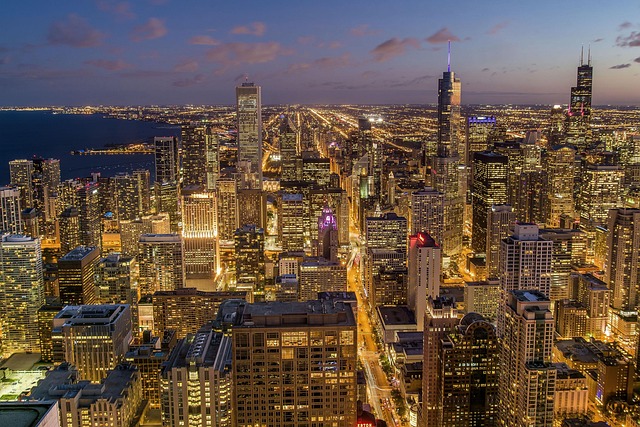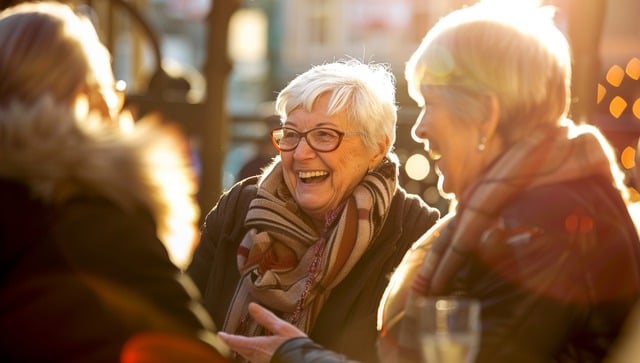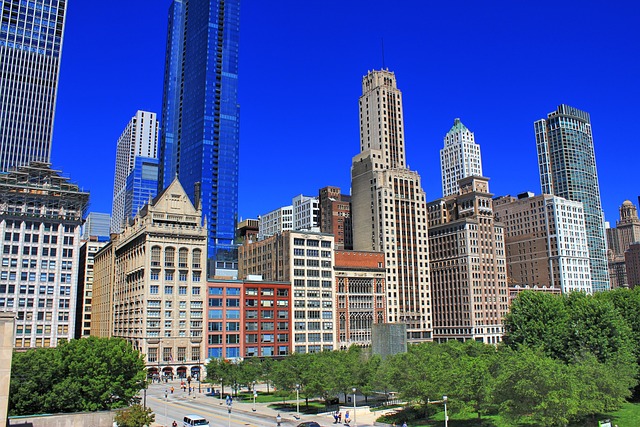Chicago's elderly sexual assault law firms provide specialized legal aid to low-income survivors, navigating complex matters and ensuring access to justice without financial barriers. These firms, often in partnership with non-profits, offer crucial services like criminal defense, medical expense coverage, compensation for emotional distress, and protective orders. Understanding eligibility criteria is key for seniors seeking representation, as programs target specific income levels (below 125% federal poverty) and provide tailored support to heal from traumatic experiences.
In Chicago, IL, the issue of elderly sexual assault garners heightened attention due to its profound impact on a vulnerable population. Understanding legal aid options is crucial for survivors facing economic barriers. This article navigates the complex landscape by exploring specific laws governing elderly sexual assault, eligibility criteria for legal aid programs, and local non-profit organizations providing support. Furthermore, it delves into pro bono services offered by elder law firms and offers guidance on navigating the legal process with limited income, focusing on resources available in Chicago.
Understanding Elderly Sexual Assault Laws in Chicago
In Chicago, IL, the laws surrounding elderly sexual assault are designed to protect vulnerable individuals and provide them with legal recourse. If you or someone you know is a low-income elderly survivor of sexual assault, understanding your rights under these laws is crucial. Elderly sexual assault law firms in Chicago specialize in navigating these complex issues and ensuring that survivors receive the justice and support they deserve.
These laws recognize the unique challenges faced by elderly victims, including physical vulnerabilities and potential barriers to reporting crimes. As such, they offer specialized protections and resources. An experienced elderly sexual assault law firm in Chicago can help survivors access legal aid, navigate the criminal justice system, and secure compensation for any harm suffered. This support is vital in helping survivors heal and rebuild their lives after traumatic experiences.
Eligibility Criteria for Legal Aid Programs
Many legal aid programs in Chicago cater specifically to low-income individuals and families, with a particular focus on vulnerable populations such as the elderly. These programs are designed to ensure that financial constraints do not prevent access to justice. To qualify for legal aid, applicants must meet certain eligibility criteria, which often include income and asset levels. For instance, the program may offer free or low-cost legal services to those earning below a certain threshold, typically defined as 125% of the federal poverty level. This means that elderly sexual assault survivors who are economically disadvantaged can access legal representation from an elderly sexual assault law firm Chicago without incurring significant financial burden.
Additionally, legal aid organizations may consider other factors like citizenship status, family size, and specific legal needs. Some programs might prioritize cases based on urgency or the potential impact on the client’s life. Understanding these eligibility criteria is crucial for elderly survivors who wish to pursue justice. They should carefully review the requirements and provide all necessary documentation to increase their chances of receiving much-needed legal aid.
Local Non-Profit Organizations Offering Support
In Chicago, IL, several local non-profit organizations play a crucial role in supporting low-income elderly sexual assault survivors. These groups offer vital services that bridge the gap in legal aid options for this vulnerable population. Many of these organizations are run by dedicated professionals and volunteers who understand the unique challenges faced by elderly victims, providing them with not just legal assistance but also emotional support and advocacy.
One prominent example is the Elder Law Center Chicago, an elderly sexual assault law firm specializing in assisting survivors navigate complex legal systems. They offer free consultations and a range of services tailored to meet the specific needs of low-income elders, ensuring they receive the justice and care they deserve. These initiatives are complemented by other non-profits that focus on victim advocacy, counseling, and awareness campaigns, creating a comprehensive support network for elderly sexual assault survivors in Chicago.
Pro Bono Services from Elder Law Firms
Many elder law firms in Chicago offer pro bono services tailored for low-income elderly sexual assault survivors. These legal aid options are critical in ensuring that victims receive the support and representation they need, regardless of their financial situation. Elderly sexual assault is a sensitive and complex issue, requiring specialized knowledge to navigate the legal system effectively.
Pro bono services from elder law firms can cover a range of legal needs, including but not limited to, filing criminal charges, seeking compensation for medical expenses and emotional distress, and ensuring access to protective orders. These firms often collaborate with local non-profit organizations and government agencies to provide comprehensive assistance to survivors, fostering a supportive environment where justice can be sought without the burden of financial strain.
Navigating the Legal Process with Limited Income
Navigating the legal process can be a daunting task, especially for low-income elderly survivors of sexual assault who may feel vulnerable and uncertain about their rights. In Chicago, IL, where an elderly sexual assault law firm provides dedicated support, survivors have access to specialized legal aid options. These firms understand the unique challenges faced by seniors, ensuring they receive the necessary assistance throughout the entire process without adding financial strain.
With limited income, many elderly victims might hesitate to seek legal help due to concerns over costs. However, these firms often offer pro bono services or sliding fee scales tailored to the client’s financial situation. This makes it possible for them to access justice and have their rights protected while focusing on healing and recovery rather than monetary constraints.






